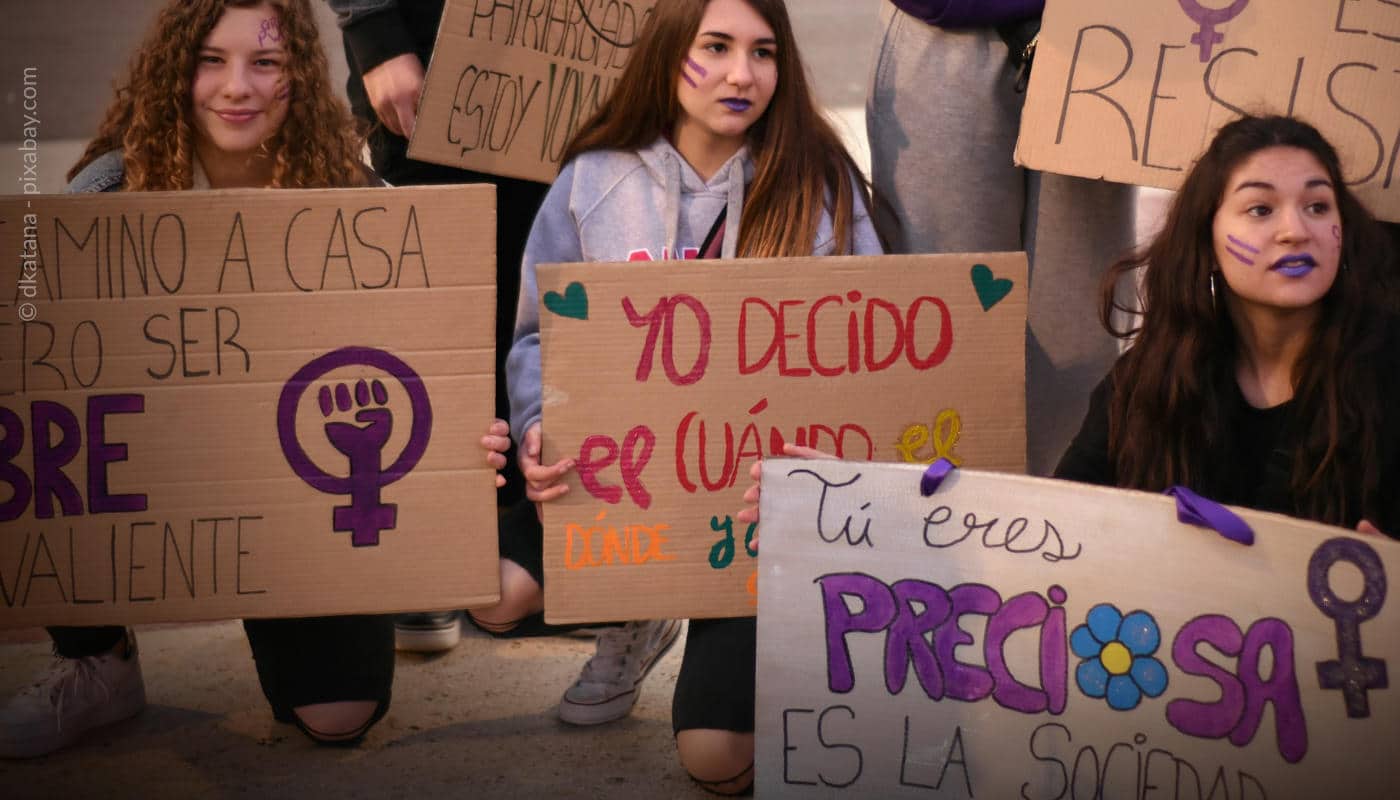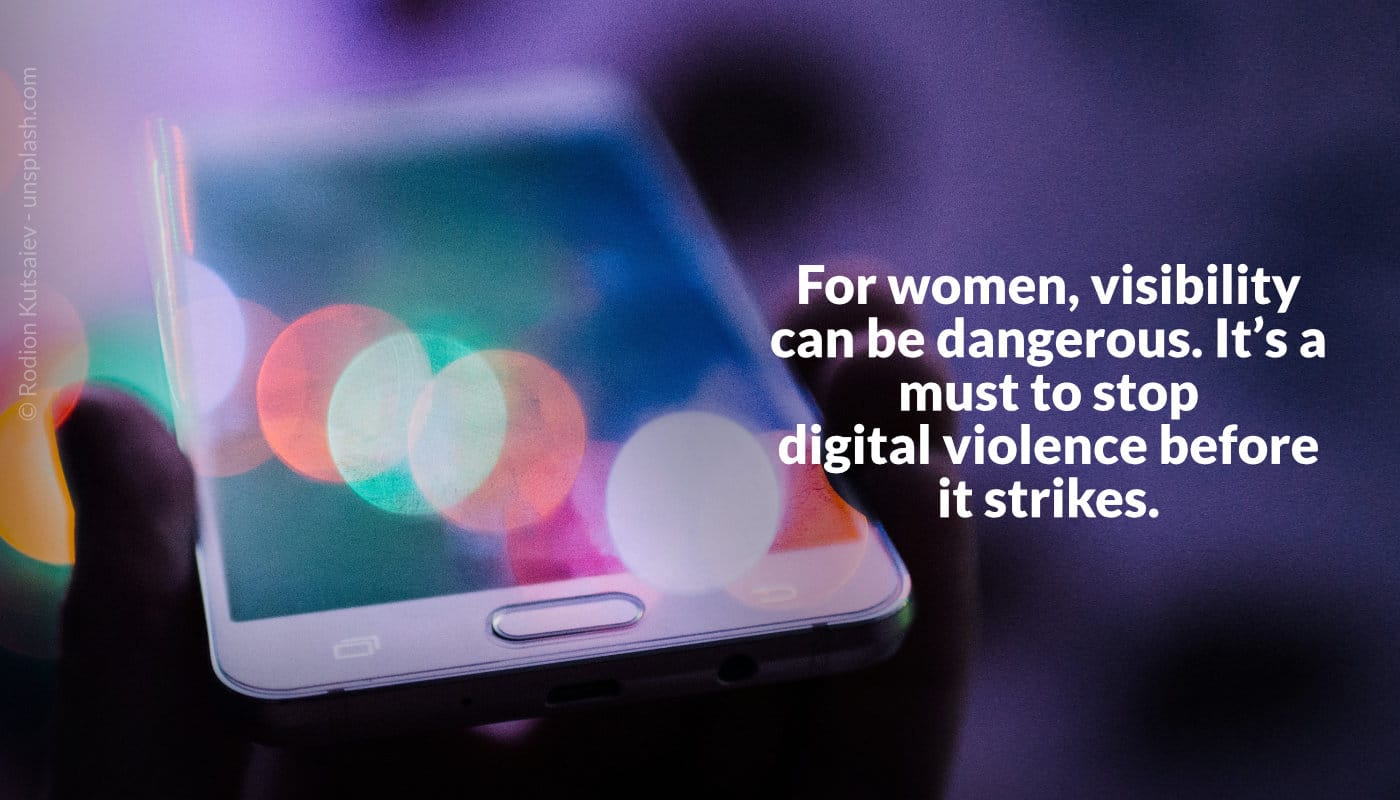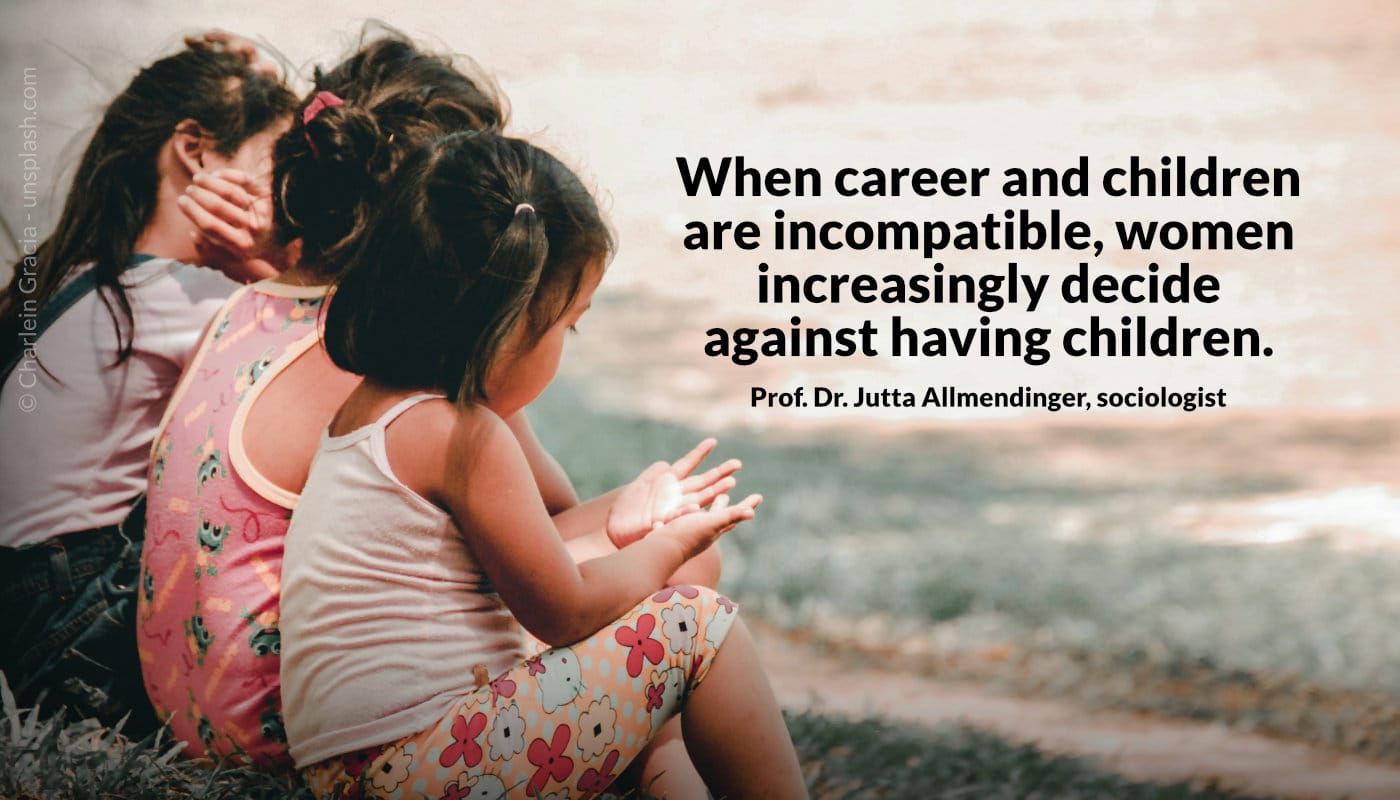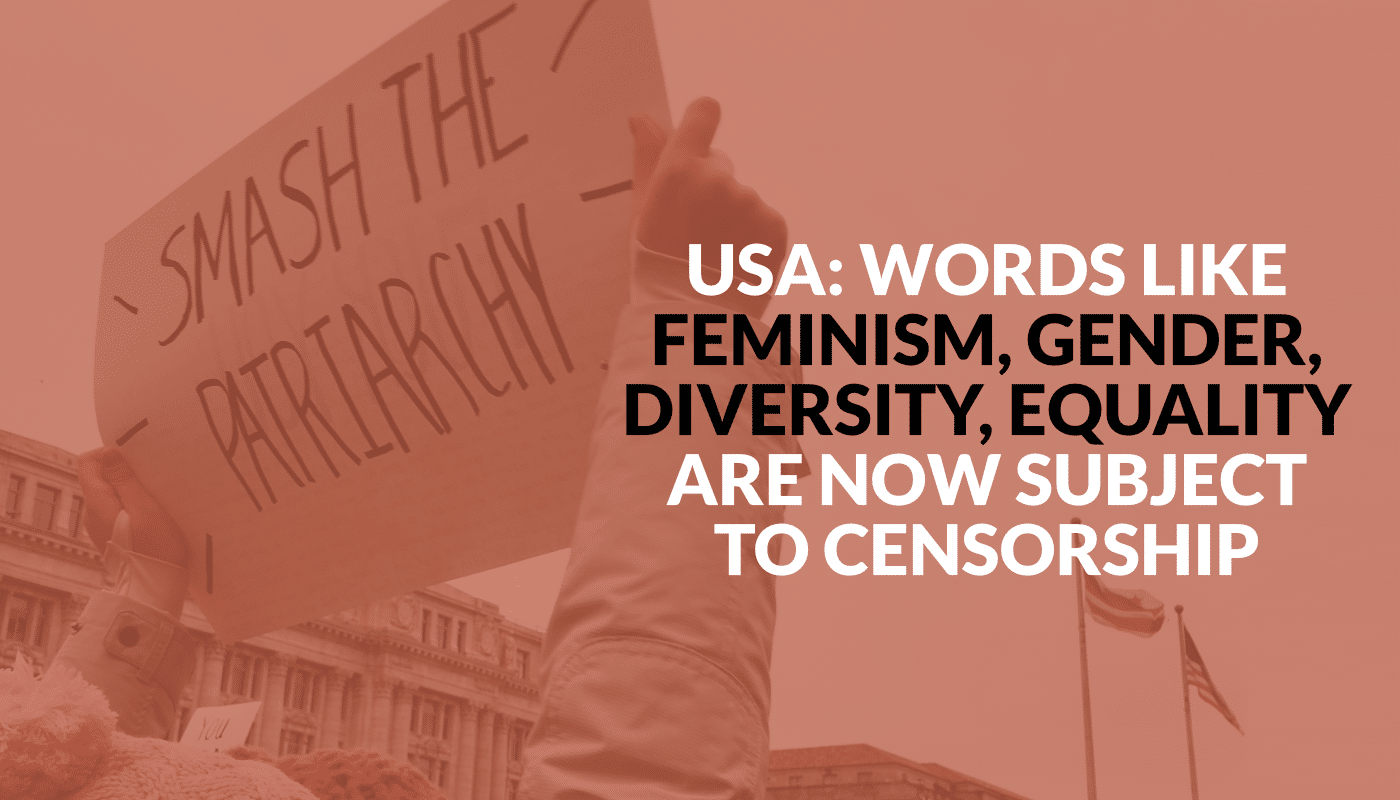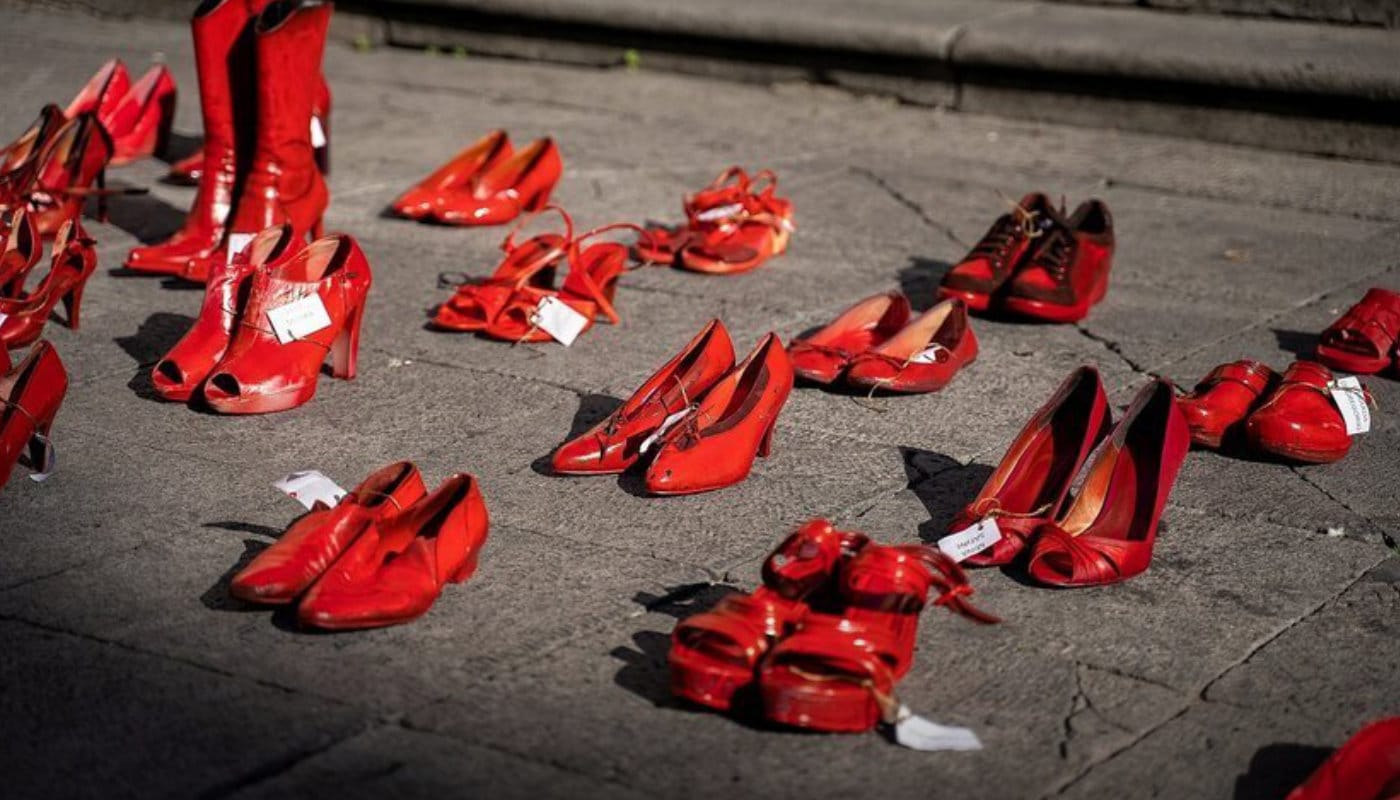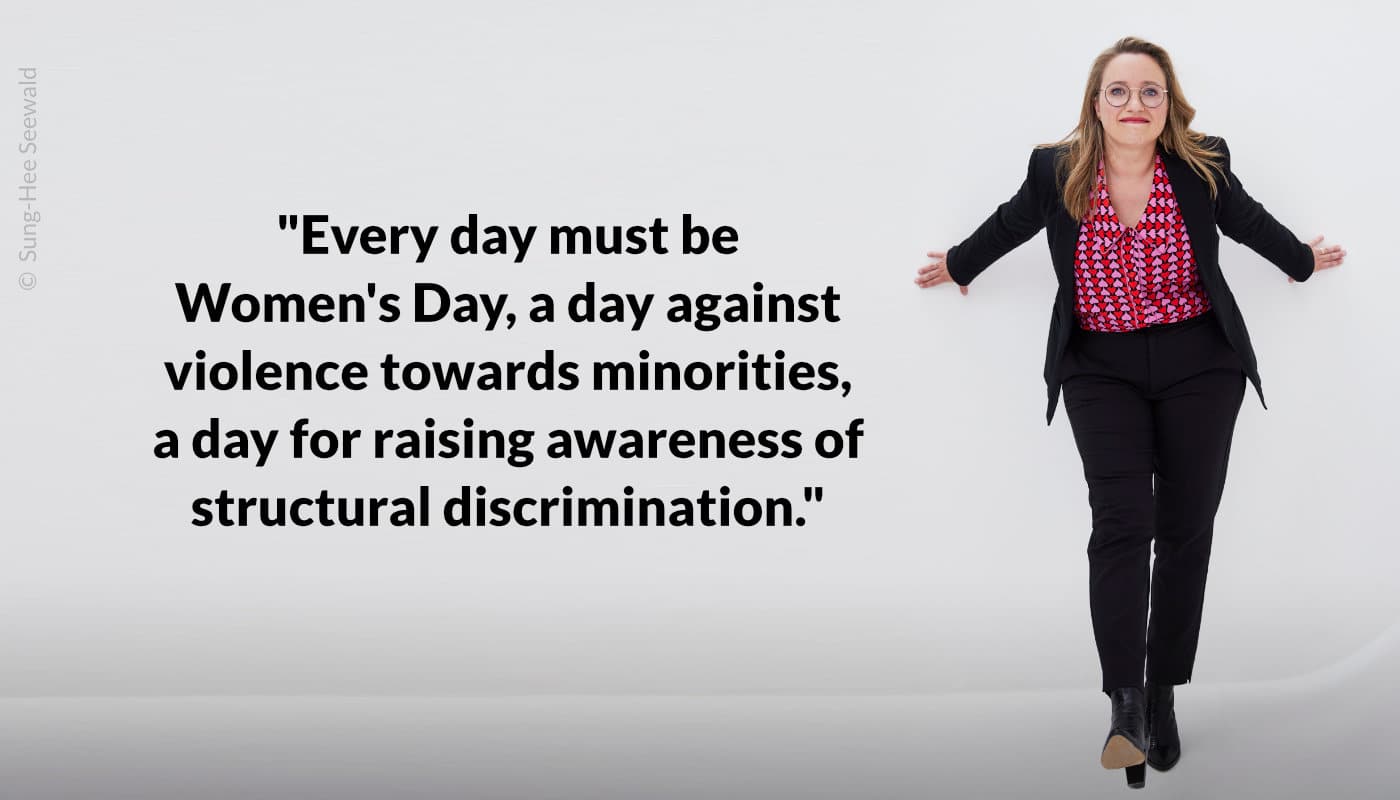“Young women are becoming increasingly left-wing, young men increasingly right-wing. The reason: patriarchal feelings of threat are systematically cultivated,” writes Markus Theunert in the Tages-Anzeiger.
Financial Times, other media outlets had also picked up on the topic (recently also the Tages-Anzeiger under the headline “Young Women Have No Desire for Right-Wing Men”).
Gender research and work with men could well explain the increasing shift of males towards the right, according to Theunert, who has been dealing with these issues for over 20 years.
“It all starts with male socialization: ‘Real men’ must be tough, strong, confident, and assertive. To this day. Despite all criticism, masculinity imperatives have not fundamentally changed. They have merely expanded. In addition to this, men are also expected to be sensitive, socially competent, and mindful. This double message is unattainable, leading to a logical consequence of confusion.”
Theunert refers to recent studies: While two-thirds of men have tried to “modernize” their masculinity in various ways, one-third actively seeks to reclaim male dominance. For these men, being a man means being in charge, taking risks, being able to strike, and never allowing self-doubt, neediness, or emotions. “The foundation of this illusion of superiority lies in the assertion that gender is God-given or natural. Therefore, the accumulation of power and wealth in men’s hands is not an issue of inequality but a law of nature.”
Challenging this role model leads to a sense of existential threat. “These men genuinely believe they are victims of ‘gender terrorism.’ What is tragic on an individual level becomes a political reality threatening open society and democratic institutions.” Patriarchal feelings of threat are systematically and strategically cultivated from the right. “The same pattern is evident globally: archaic-militant masculinity is elevated as a divine mandate, while gender, diversity, and feminism are devalued as diabolical plans. This is a seductive message for insecure men.”
Patriarchal influences prevent the acknowledgment of how urgently men need support to “dignifiedly step down from the pedestal of patriarchy.” Effective protective factors would include “education, (self-) love, and men-specific support services.”

Posted by Natascha Hoffner, Founder & CEO of herCAREER, WiWo columnist, LinkedIn TOP Voice 2020, W&V 2019 – 100 Köpfe
published on LinkedIn on 28.2.2024
